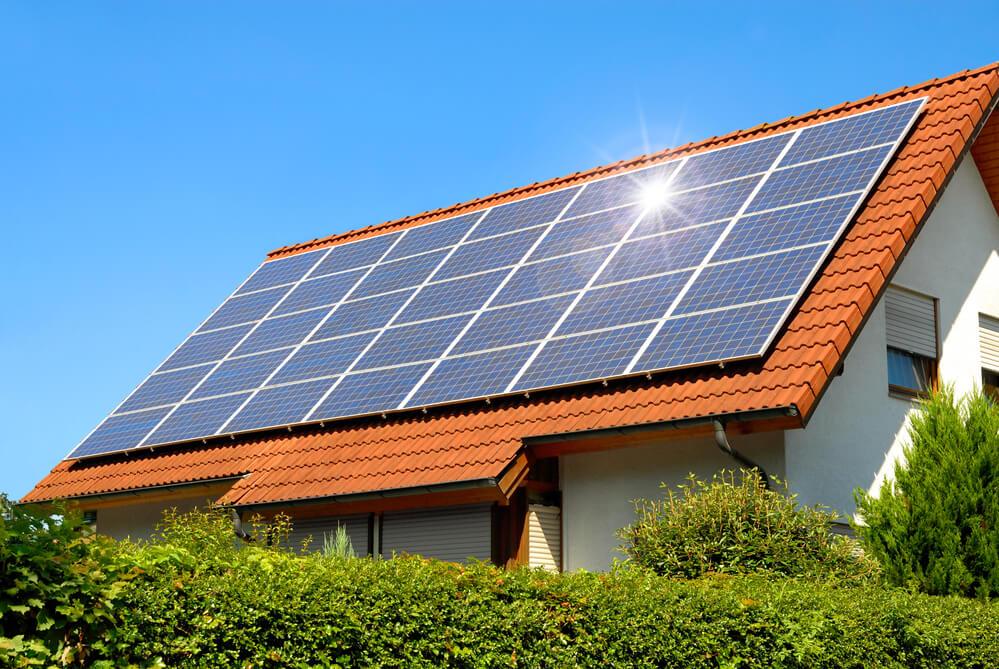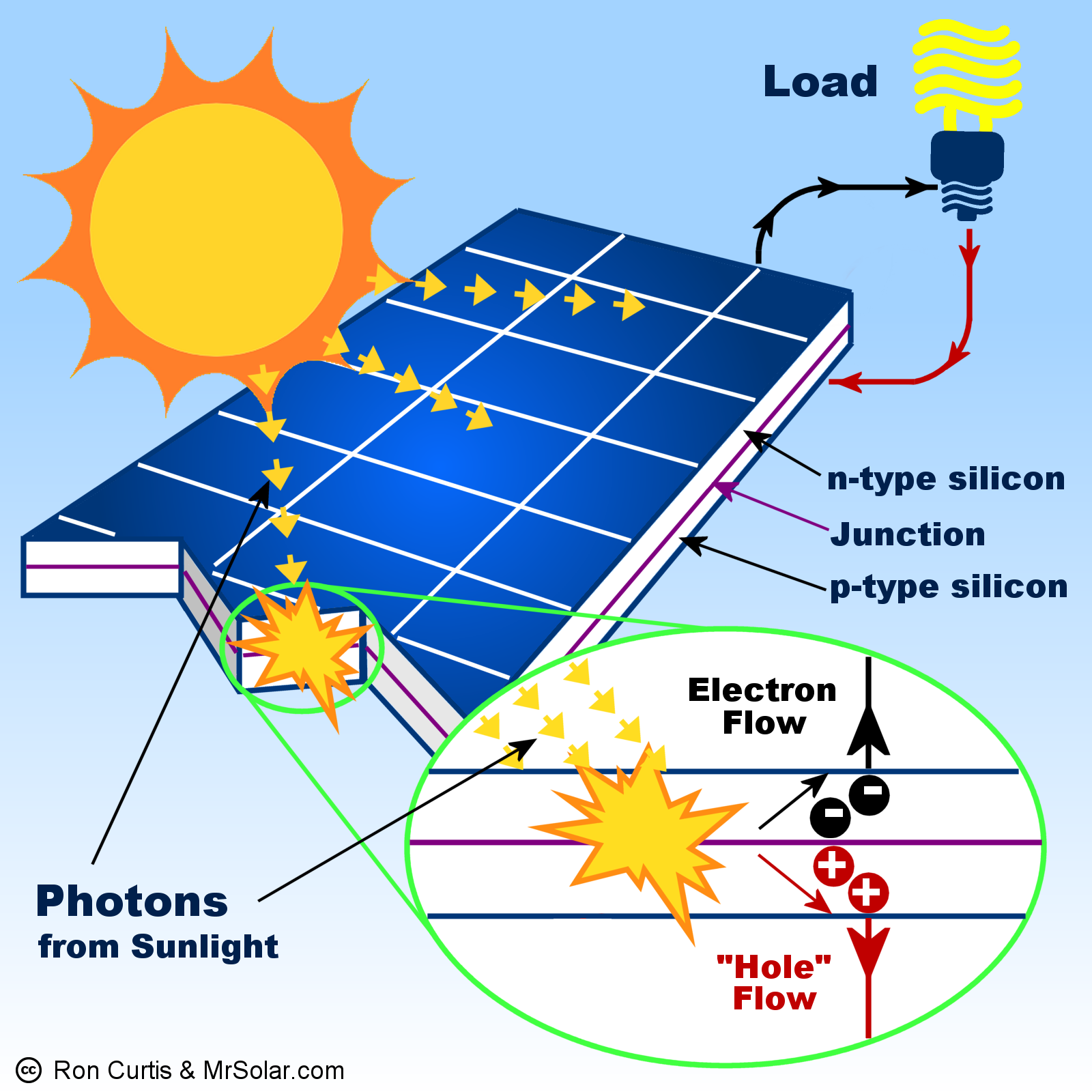

Solar energy is not just an alternative power source—it's a smart investment in your future and our planet. By converting abundant sunlight into electricity, solar power systems offer financial savings, energy independence, and significant environmental benefits.

Drastically reduce or eliminate your electricity bills, enjoy tax benefits, and increase your property value.
Reduce carbon footprint, minimize air pollution, and help combat climate change with clean, renewable energy.
Protect yourself from rising energy costs and power outages by generating your own electricity.
Solar panels require minimal maintenance, with most systems guaranteed for 25+ years of reliable service.
Take advantage of substantial subsidies, tax benefits, and incentives offered by central and state governments.
Support the growing renewable energy sector, which creates more jobs per unit of electricity than fossil fuels.

Photovoltaic cells in solar panels convert sunlight into direct current (DC) electricity.
The inverter converts DC electricity into alternating current (AC) that powers your home.
The AC electricity powers your home, reducing or eliminating your need for grid electricity.
Excess electricity is sent to the grid for credits, or stored in batteries for later use.
Join thousands of satisfied customers who have made the switch to clean, renewable solar energy. Contact us today for a free consultation and personalized quote.
Get Your Free Consultation